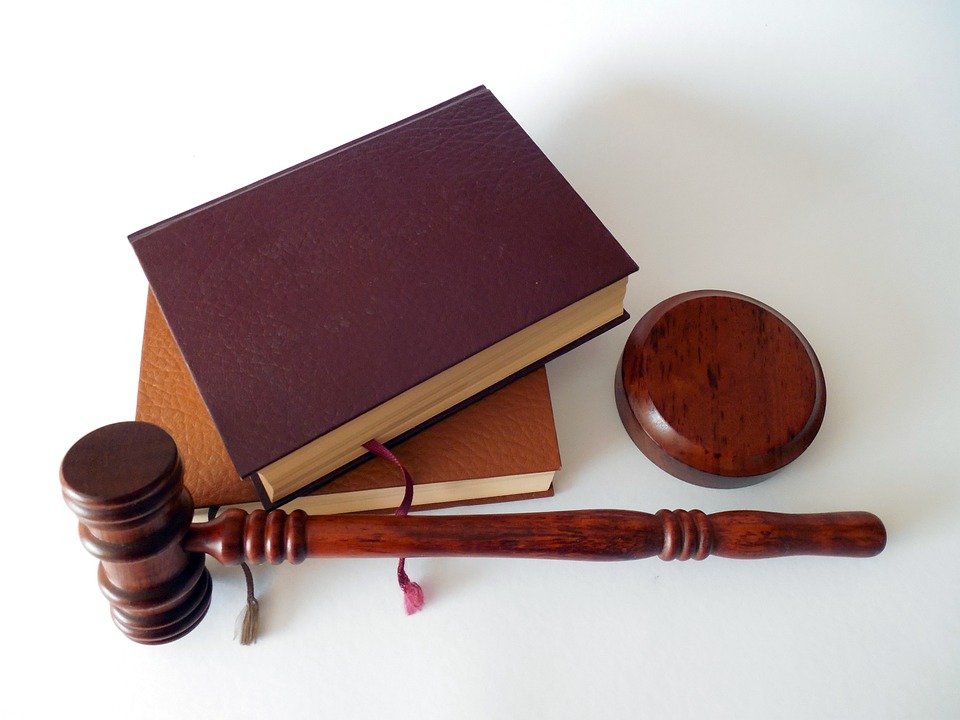
Inside the Life of a Bench Officer: The Unsung Heroes of the Courtroom
Inside the Life of a Bench Officer: The Unsung Heroes of the Courtroom
Introduction:
In the bustling world of the courtroom, where justice is sought and disputes settled, there exists a group of individuals who play a crucial yet often overlooked role – the bench officers. These unsung heroes of the courtroom are responsible for maintaining order, managing proceedings, and ensuring that justice is served. In this article, we will delve into the fascinating life of a bench officer, shedding light on their responsibilities, challenges, and the indispensable contribution they make to the justice system.
Responsibilities of a Bench Officer:
A bench officer, also known as a courtroom clerk or courtroom deputy, is a vital part of the judicial system. Their primary responsibility is to assist the judge in the smooth functioning of the courtroom. From scheduling hearings to managing case files, their role encompasses a wide range of tasks. They ensure that all necessary documents are in order, swear in witnesses, and record proceedings accurately. Additionally, bench officers handle administrative duties, such as updating case statuses, managing court calendars, and maintaining records.
Courtroom Management:
One of the most significant aspects of a bench officer’s role is courtroom management. They are responsible for maintaining decorum and order during proceedings. This involves enforcing courtroom rules, ensuring that all participants adhere to proper courtroom etiquette, and managing the flow of cases. Bench officers play a crucial role in scheduling hearings, coordinating with attorneys and parties involved, and ensuring that each case is heard in a timely manner. Their meticulous attention to detail helps prevent unnecessary delays and ensures the efficient operation of the courtroom.
Legal Research and Support:
Bench officers often assist judges in legal research and drafting legal documents. They may be entrusted with conducting research on specific legal issues, analyzing precedents, and preparing briefs. This support plays a vital role in assisting judges in making informed decisions and delivering fair judgments. Bench officers also assist attorneys and litigants by providing them with relevant information, clarifying legal procedures, and guiding them through the complexities of the legal system.
Challenges Faced:
While bench officers perform their duties behind the scenes, they encounter numerous challenges in their day-to-day work. One of the most significant challenges is managing a heavy workload and juggling multiple cases simultaneously. With court dockets often overflowing, bench officers must possess exceptional organizational skills and the ability to prioritize tasks effectively. They must also possess strong interpersonal skills to handle the diverse personalities and emotions that emerge within the courtroom environment.
Another challenge faced by bench officers is maintaining impartiality. As neutral arbiters, they must remain unbiased and treat all parties involved in a case fairly. This requires them to set aside personal opinions and adhere strictly to legal procedures and principles. Navigating this fine line of neutrality can be demanding, but bench officers uphold the integrity of the justice system by ensuring that due process is followed and justice is served.
FAQs:
Q: How does one become a bench officer?
A: The path to becoming a bench officer typically involves a combination of education and experience. Many bench officers have a background in law, paralegal studies, or criminal justice. Some states may require specific certifications or training programs. Additionally, gaining experience in a legal or courtroom setting can be beneficial in building the necessary skills and knowledge.
Q: What qualities make a successful bench officer?
A: Successful bench officers possess a range of qualities that contribute to their effectiveness. Strong organizational skills, attention to detail, and the ability to multitask are essential traits. Additionally, excellent communication and interpersonal skills are crucial for effectively managing the courtroom environment. A deep understanding of legal procedures, principles, and courtroom etiquette is also vital.
Q: How does a bench officer contribute to the justice system?
A: Bench officers play a critical role in the justice system by ensuring the smooth functioning of the courtroom. Their meticulous record-keeping, adherence to legal procedures, and management of cases contribute to the fair administration of justice. By upholding order and impartiality, bench officers help maintain the integrity of the judicial process.
Conclusion:
The life of a bench officer is one of dedication, precision, and tireless commitment to the pursuit of justice. While their role may often go unnoticed, their contributions are indispensable to the functioning of the courtroom. From managing cases to maintaining decorum, bench officers are the unsung heroes who work diligently behind the scenes to ensure that the wheels of justice continue to turn. Their passion for the law and commitment to upholding the principles of fairness and impartiality make them an integral part of the justice system.
External Link:
For further insights into the life of a bench officer, you may find this article helpful: [insert link to external article about bench officers]
References:
[Include any references used in the article here]